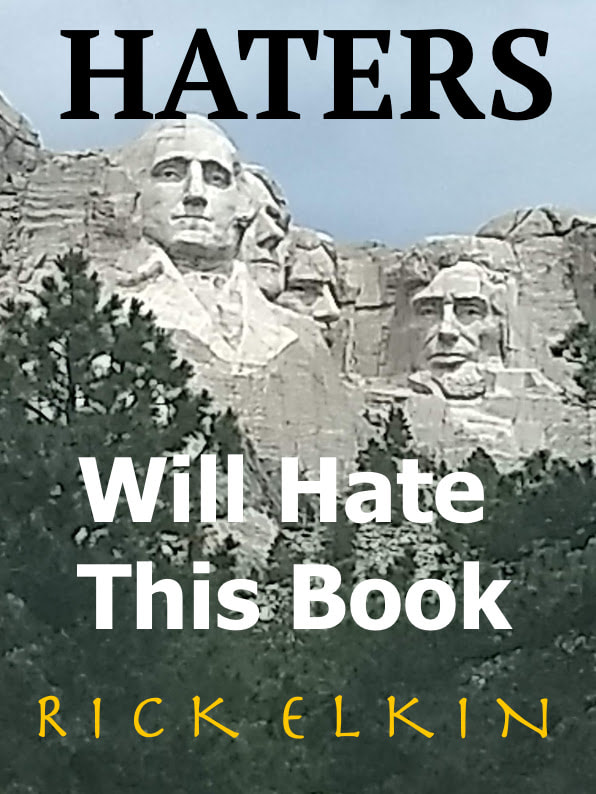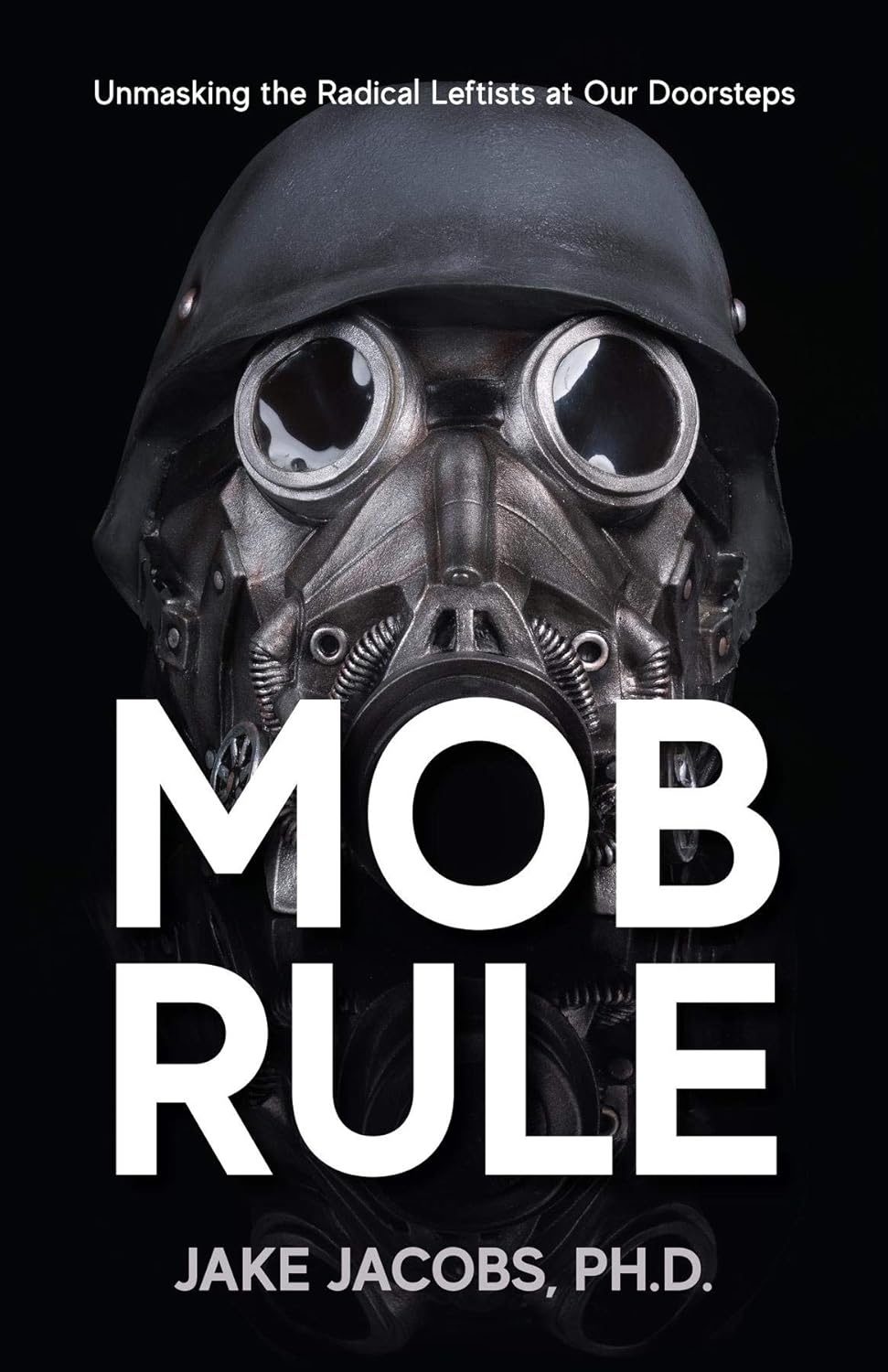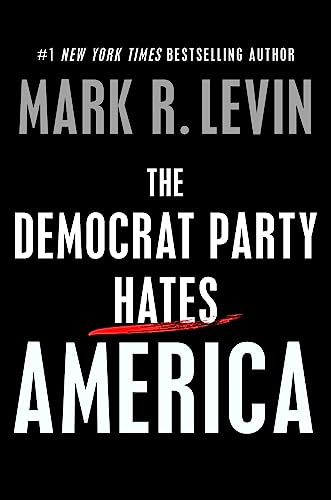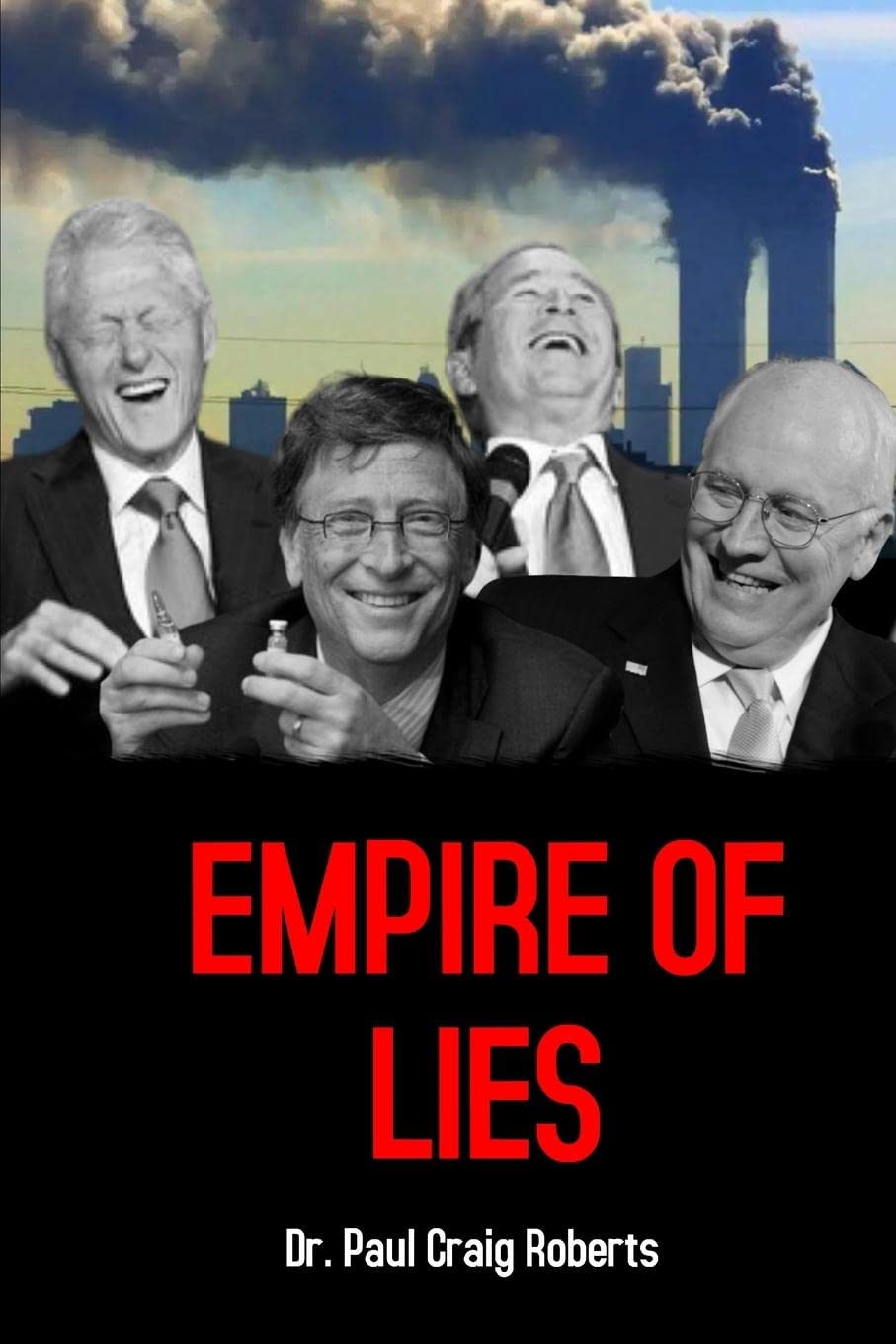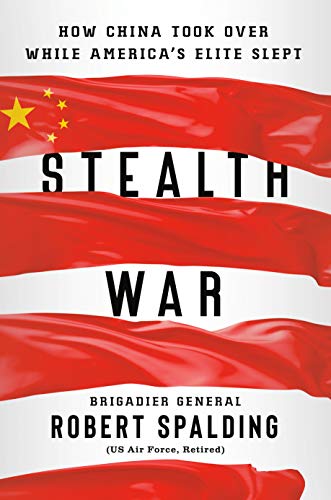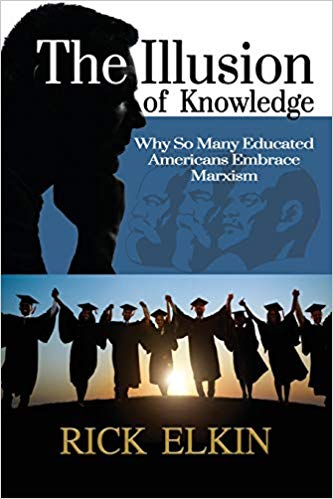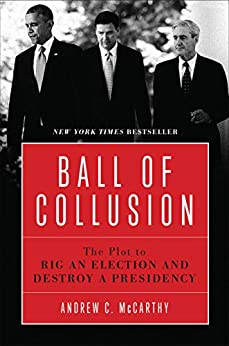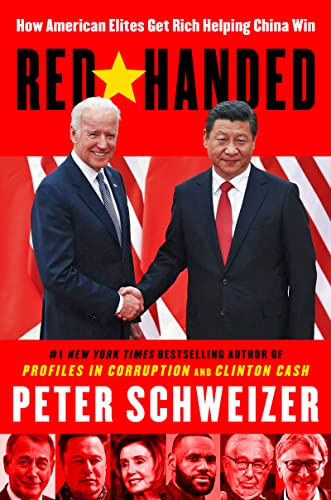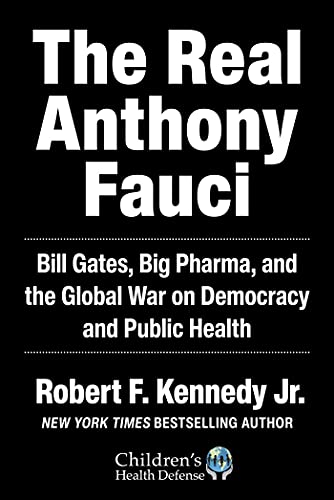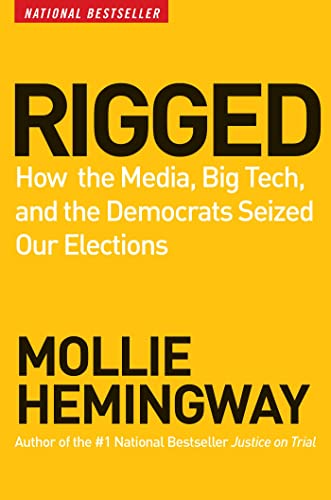|
Prior to Covid Pandemic, This was the State of the USA under President Trump: On drug use, availability and pricing:
On Manufacturing and employment:
On economic expansion:
On illegal immigration and terrorism:
On military readiness and veteran care:
Since the Covid19 Pandemic Crisis began in January 2020
The US national debt reached 120.5 percent of the nation’s annual economic output, breaking a record set in 1946 for the highest debt level in the history of the United States. The previous extreme of 118.4 percent stemmed from World War II, the deadliest and most widespread conflict in world history. Certainly the debt issue cannot all be blamed on the Covid19 pandemic, but it has taken any discussion of cutting spending off the table. After the Trump 2017 Tax Cut, federal tax collections increased by an all-time high of $17 trillion over the previous year. That was the result of rapidly increasing employment and business growth, all of which has been reversed by the Pandemic economic contraction. In less than six months, the US has seen all of its economic progress return to Obama era stagnation. However there is still a lot of institutional confidence in America's economic resilience, so Wall Street remains strong. Two positive things about the Covid19 pandemic is that it has devastated both the Islamic Jihad and the Columbian Drug Cartels, and our country elected Donald Trump in 2016. 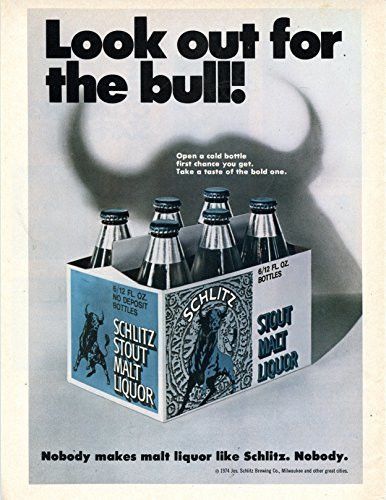 Dear Mr. Patrick Collins; As I have massive amounts of free time during this Covid19 lockdown, I look back affectionately on my youth. I was inspired to look you up after viewing an old Schlitz Bull ad on YouTube, and I often tell the story of my summer student training with you at Leo Burnett Agency back in 1972. In fact ,here is an excerpt from my 1st book published in 2016. I have since published three other books: (https://www.amazon.com/Rick-Elkin/e/B07FSZLVQV?ref_=dbs_p_pbk_r00_abau_000000) I hope this email doesn't annoy you...I just couldn't resist seeing what you are up to... And I was not surprised to see you are a leader in your field! From : Turn Right At Lost: Recalculating America A Fork in the Road I was fortunate to stand out in my senior class at California State University at Long Beach (CSULB), so my department head asked me if I would be interested in participating in a post-graduation summer program designed to place graduates in the field of their major. It was not a work placement program or apprenticeship, just a volunteer, unpaid student training program sponsored by the National Academy of Television Arts and Sciences. If I was willing, along with only 4 other students, I could choose my area of interest from a list of participants, and I would spend six weeks following an industry professional around, as he performed his daily tasks. I was all in. I was placed with an account manager with the Leo Burnett advertising agency in Hollywood. I would be up close and personal in the development and production of television ads produced by the largest international ad agency in the world! I always thought the best job in TV would be to create 30 and 60-second ads. In my mind, it affords the most creative license, the widest possible audience, and is constantly changing with social and cultural tides. On my first day, I was led into the producer's office on an upper floor of a prestigious office building around the corner of Hollywood and Vine. I waited for a few minutes, and while looking out the window at the parking lot below, I saw a man pull up to a reserved parking spot. He was driving a fire-engine red convertible Austin Healey. He climbed out and revealed his dapper attire, a vest and gabardine slacks over expensive loafers. He wore a derby and had a handle-bar mustache! I wasn't sure if he was my new mentor, but you couldn't find a more stereotypical Hollywood producer at a casting call. A few minutes later he appeared in the office and introduced himself as Patrick. He sat behind his enormous desk and asked me to be patient while he set up the day's agenda. He put his feet up on the desk, placed a large tobacco pipe in his mouth, lit it, and began making phone calls. Around 10:30 he gathered up his leather shoulder bag, and said, "Let's go. We have a busy day and we can get acquainted on the road!" We spent the day bouncing around from office to office. We stopped at the title company studio, we had lunch at Musso and Frank's, where I witnessed a parade of famous actors. Patrick played pool as we waited to see other actors, producers and agents. It seemed every office had a pool table in the waiting room. My most memorable experience was the shooting of a pilot ad for Schlitz Malt Liquor. It was the brainchild of a writer from the main office in Chicago, and Patrick was the producer. We had spent lots of time going over the script, selecting locations, and setting up the cast. I got to interview, listen to and evaluate audition readings of the actors. When the big shoot day came along, Patrick told me to enjoy everything, but stay out of the way. It would be a wild and long day, so I was on my own. I could stay for the whole thing or feel free to go home whenever I wanted. The plot was simple; three guys standing at a bar have just ordered a jumbo sized 16-ounce can of Schlitz Malt Liquor, or as it would soon become known as the "Bull." The idea was that this very powerful, high alcohol content malt liquor would appeal to inner city dwellers because they could get a huge jolt from just one can. So the ad had to convey that, and appeal to a broad range of blue-collar workers and poor inner city minorities. This was a new product category that held a lot of promise and a lot was on the line. If successful, Leo Burnett and the Schlitz Brewing Company could realize millions in sales and ad revenue as the brand grew and additional support ads were ordered. We had installed a set in an airport hangar at the Burbank Airport. The "bar" was all break-away furniture. There were twenty separate cameras around the bar room to capture the action. The three actors would stand at the long bar, which concealed a cinder block wall. The bartender would put one can in front of the three guys and the actors would look at the fellow sitting next to him and say, "I'm not opening that!" while sliding the can down the bar in front of his neighbor, indicating the can held some threatening force. We had selected three very talented actors, one small Jewish 'Woody Allen' type, a large white Polish type, and an even larger 'lineman' type black guy. Yes, political correctness was just becoming omnipresent in 1972. After they finally "force" the little guy in the middle to pop the top (which they shot in ultra-slow motion to highlight the spray and the frost on the can), a pair of wooden bar doors open in the back of the bar and a really, really big black rodeo type bull bursts into the room and demolishes everything. The actors literally dive over the bar (onto strategically located mattresses), and the jingle plays as the bull bucks and kicks every bit of furniture into smithereens. All of this was incredibly well orchestrated and choreographed. A couple of professional rodeo cowboys were hired to handle the bull. The set was surrounded by a steel fence, so when shooting was over, the bull could be herded back into the waiting panel truck. One thing I learned that day, among many, was that things never go quite according to plan. The lighting, the timing, the actors and their carefully rehearsed escape over the bar all went perfectly. Unfortunately, the bull wasn't satisfied with wrecking the set. He decided he wanted to explore the whole hanger, so he just crushed the steel fence like it was made of toothpicks. I was, at that point, hiding up in the rafters as was much of the support crew. I relate all this because I was totally enthralled by my experiences. I met celebrities every day, and found most to be gracious and humble people. I was involved in nearly every aspect of the production process, from casting to editing. And I was seduced by the exotic appeal of Hollywood. It represented all that was exciting about filmmaking, advertising, and Hollywood. Well, almost all of it. After my summer program had ended, I submitted the required report to my department head, and I was done. I graduated and I was ready to go get a job in Hollywood. I went back to the studios, to the production houses, the ad agency, to every facility I had visited. I submitted a simple one-page resume and a letter describing my summer training experience. Everywhere I went, I was treated respectfully, but without exception, I never got a response from any of them. I was devastated. I was willing to work for minimum wage, to start in the mail room. I knew I had no real world filmmaking experience, I had no relatives in the industry. But I thought the fact that I had worked right alongside a whole host of talent in the field would open some entry level doors. I got nothing. By the following summer I was so far removed from the scene that I was desperate. I went back to the ad agency and asked to visit Patrick. He came down to the lobby and walked outside with me. He said he was ashamed to admit it but my problem was not about me. It wasn't my lack of experience. He said, the truth is if you really want to get started in this business, you will need to go to a small town and hook up with a local TV or radio station. "Why is that?" I asked. He said, "Look, Hollywood is one of the most sought-after industries in the world. First, everyone who is currently employed has someone they know, a son or daughter, a brother, or a best friend, who is going to get helped first. We are very paternalistic. That is just human nature. Second, the Nixon Administration has issued a quiet but threatening mandate to the leaders of Hollywood industry; hire more minorities on your own, or the federal government will be forced to step in. Speaking for myself, even if I wanted to hire you, I would have to turn you away because you are a white male. Precisely the problem, as far as the Administration is concerned, Hollywood is dominated by white males." That ended my relationship with the radio and television industry. I was crushed, but I was not going to move to Podunk Iowa to start a career. I already had a job; I was working in the ski business, and having a lot of fun. I wasn't getting rich, but I was living a pretty good lifestyle, so I had reached a fork in the road. I had to recalculate my future. (Apologies if everything isn't 100% accurate: Creative liberties...) A few days later I received a return email… Rick… I had to get out a calculator to see how long ago 1982 really was. Answer: 48 years or we could just round it up to half a century. Your recollection of the Schlitz Malt Liquor spot did take some “creative liberties,” but you got the basics of the story. It was a strange bit of timing to get your rear-view look on this spot right now. I have a now-retired commercial producer friend writing a book recalling some of the general insanity and war-story aspects of The Ad Biz over just about that amount of time 50 years. He’s asked me to share some of the tall tales of my Adland adventures and your email reminded me: Yeah, shooting that spot was an adventure and a half but the run-up to researching it with a trip to Mexico to find a “fighting” bull that would actually charge anything that looked like a wall was an even more bizarre experience. Read your bio and adventures in publishing as well as the construction business and I'd say you’ve got more than a few things ahead of you and the dough to enjoy them. I retired from commercial production about eight years ago. Octogenarian producers are not in high demand. I’m teaching jazz history and appreciation at UCLA Extension…not a really a job but a passionate avocation along with other things at UCLA that keep me occupied. Best regards, Pat |
Archives
July 2024
|
 RSS Feed
RSS Feed
